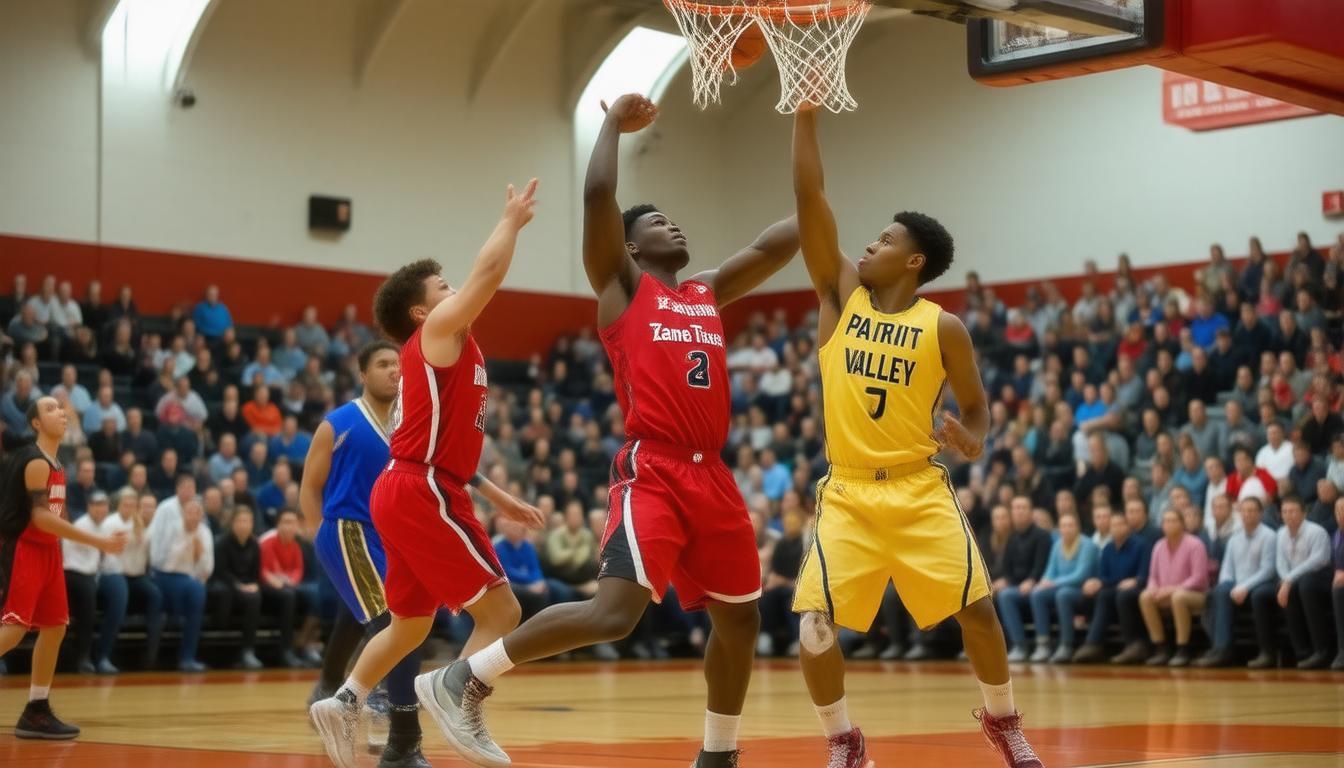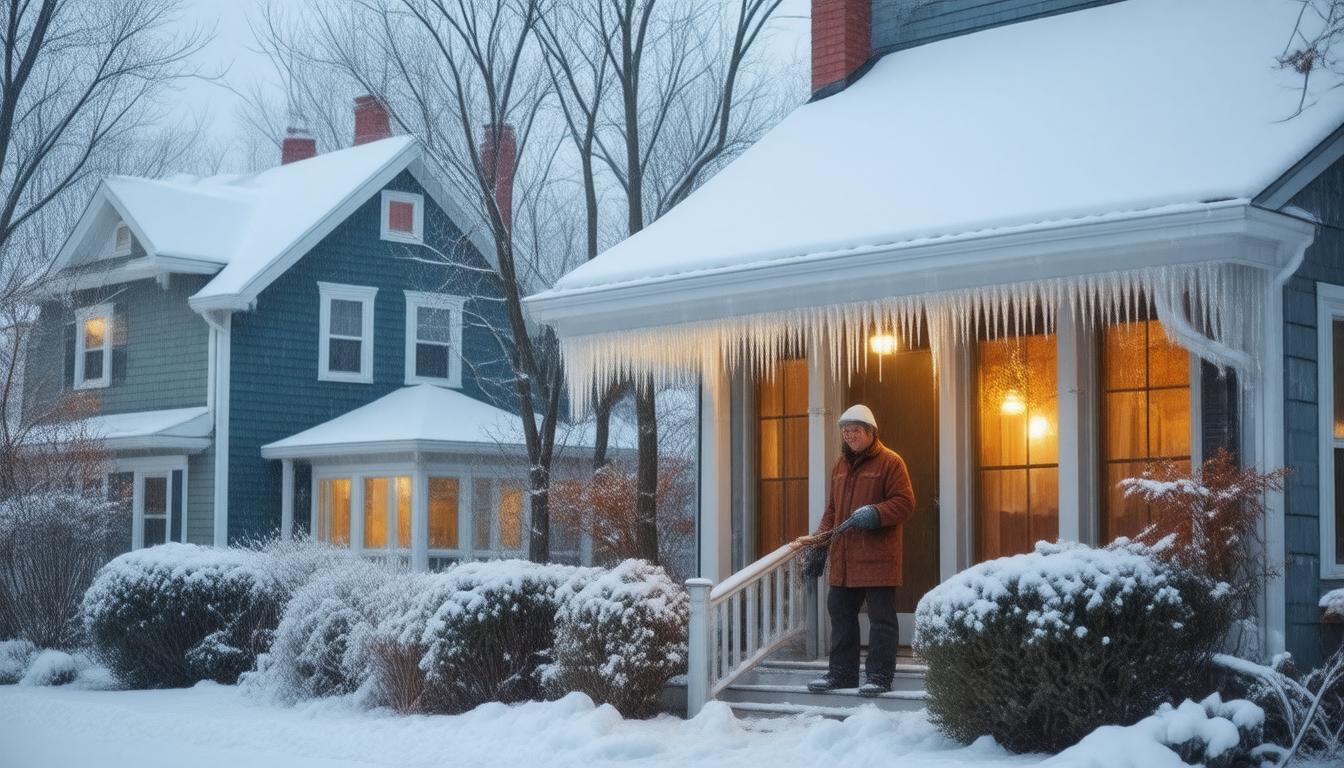

Understanding the Risamics of Skipping a Home Inspection
Home inspections have long been considered a crucial step in the home-buying process, providing a safety net that helps prospective buyers understand the physical condition of a property before finalizing a purchase. However, in today’s highly competitive real estate markets, some buyers are opting to skip this step. This article explores why some buyers might consider this risky move and the potential consequences of such a decision.
The Role of Home Inspections
A typical home inspection covers a comprehensive check of a property’s structural and mechanical condition, including aspects like the roof, foundation, HVAC systems, plumbing, and electrical systems, among other crucial elements. The primary purpose is to unveil any significant issues that might require expensive repairs, thus informing the buyer’s decision-making process and negotiating power.
Why Some Buyers Skip Home Inspections
In red-hot real estate markets, buyers often find themselves in competitive bidding wars. To make their offers more appealing to sellers, some buyers may waive the home inspection requirement. This strategy can be particularly visible in markets where demand far outstrips supply, and sellers can afford to be picky with potential buyers’ offers.
Additionally, some investors or homebuyers who plan to extensively renovate may not feel a need for an inspection, relying instead on their ability to handle any surprises that may come up during remodeling. Real estate investors with a background in construction or engineering, who can assess a home’s condition themselves, may also opt out of a professional inspection.
Potential Costs of Skipping an Inspection
The risks of forgoing a home inspection can be substantial. Hidden problems, such as serious structural issues, faulty wiring, or aged plumbing, can result in significant repair costs that can transform an initially attractive investment into a costly nightmare. Without a detailed inspection report, buyers have little leverage to negotiate repair credits with sellers or may end up purchasing a property that is worth less than the paid price if significant defects are later discovered.
Legal and Financial Implications
Skipping a home inspection also affects the legal recourse for buyers. Normally, the findings of an inspection can provide legal standing in cases where sellers have not disclosed known issues. Without this, proving that a seller knowingly concealed problems becomes much more challenging.
Financial institutions also may require an inspection before approving a mortgage. Buyers opting to skip an inspection might thus find themselves either having to pay for the property in cash or at a disadvantage in securing financing.
Alternatives and Safer Practices
For those considering skipping a home inspection, there are safer strategies to employ. One negotiated compromise can be to conduct a pre-offer inspection, which allows the buyer to understand the property’s condition prior to making an offer. Although this can add upfront costs and the seller may not always agree to such terms, it provides a safer balance between competitiveness and informed purchasing.
Another alternative is the inclusion of a home warranty plan that may help cover unexpected issues discovered after purchasing. However, these plans typically cover only operational aspects like appliances and systems and might not address structural problems.
Conclusion
While skipping a home inspection can offer short-term advantages in competitive markets, the long-term risks often outweigh these benefits. Buyers should carefully consider their individual situations and the specific market conditions before opting out of an inspection. Consultation with real estate professionals and consideration of safer inspection alternatives are advisable to ensure that buyers make the most informed decision possible.







